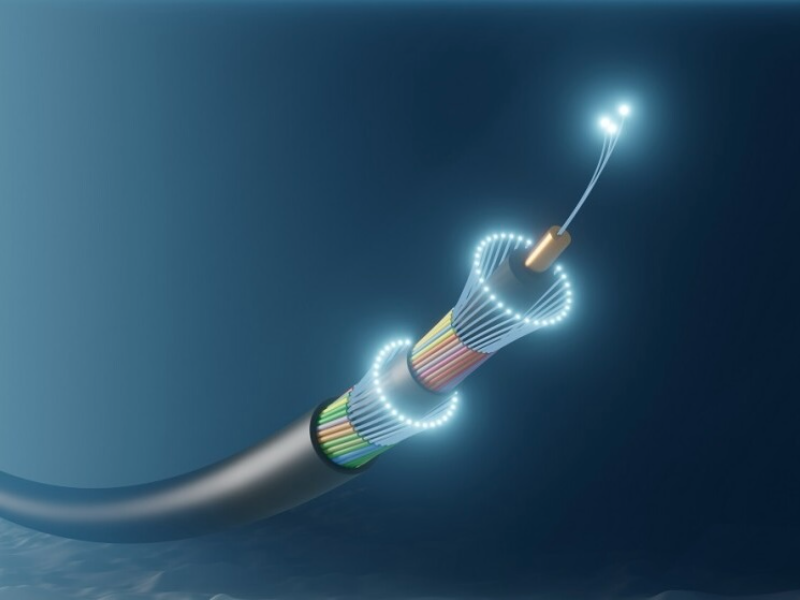- The UK’s energy regulator, Ofgem, has approved the construction of five new subsea energy links in the North Sea to improve the country’s energy connectivity.
- The new link will play a key role in developing the potential of the North Sea and reducing the cost of energy supply to the UK.
What happened
Ofgem, the UK’s energy regulator, has approved the development of five new subsea power links in the North Sea. These interconnectors, involving partnerships with Germany, the Netherlands, and Denmark, will facilitate the flow of electricity between the UK and other European countries. The projects are part of a £20 billion investment plan to enhance cross-border energy connectivity, expected to be operational by the 2030s. This approval aligns with the UK’s broader efforts to bolster its energy infrastructure and integrate more renewable energy sources into the grid.
Also read: UK Infrastructure Bank invests $116M in new subsea cable factory in Scotland
Also read: U.S. pressures Vietnam to dismiss Chinese firms in subsea cable plans
Why it is important
For the UK, this initiative represents a significant step towards meeting its ambitious net-zero targets. By improving access to renewable energy from other European countries, these subsea links will reduce the UK’s reliance on fossil fuel power plants and help stabilize electricity prices. For clean energy startups, this expansion creates new opportunities to innovate in areas like energy storage, grid technology, and renewable generation. It opens up a market for solutions that can address the variable nature of renewable power, such as advanced batteries, smart grid software, and efficient energy management systems. Additionally, the enhanced connectivity provides a strong infrastructure to support future growth in green energy, helping startups scale their innovations in a sustainable ecosystem.

